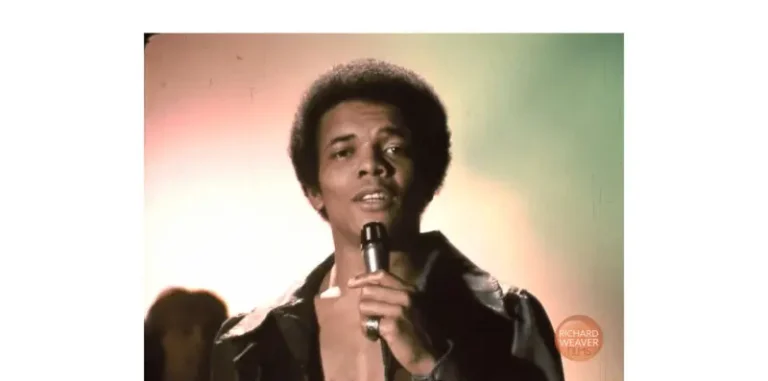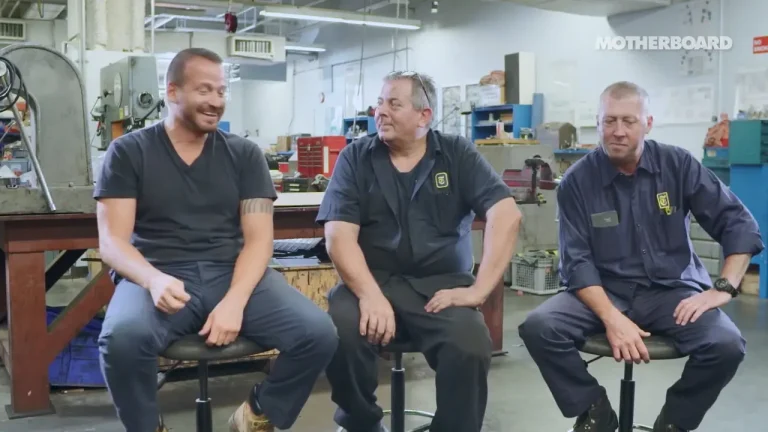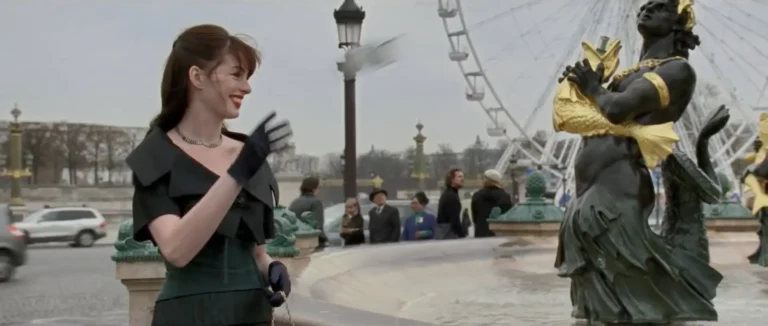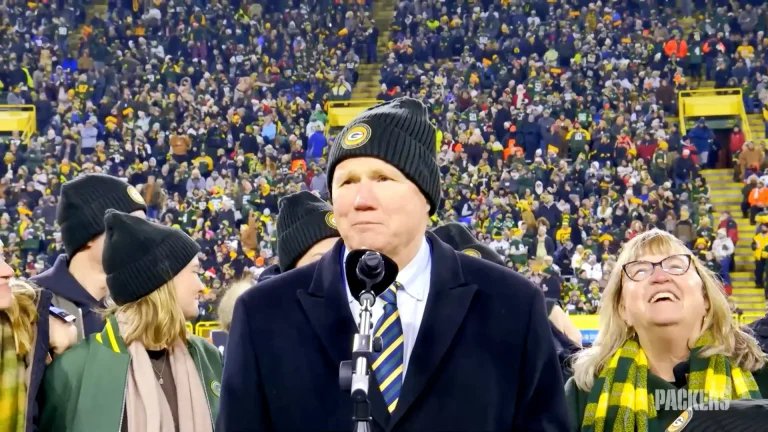Lessons for Communication Pros from Editor Robert Gottlieb
The legendary literary editor, who died last month, showed that good editing is more than rewriting copy.
Some corporate editors might think there’s at least one category where they’ve surpassed Robert Gottlieb, who died last month at age 92 after a career guiding such writers as John le Carré, Toni Morrison, Joseph Heller and John Cheever.
“I have also spent a great deal of my life working with writers who are simply bad,” Gottlieb once said. “I have fixed more sentences than most people have read in their lives.”
Maybe. Whether you’re working with a fresh-out-of-college comms department hire or a Nobel-winning writer such as Doris Lessing, Gottlieb’s approach to editing during a nearly 70-year career at Simon & Schuster, Alfred A. Knopf and The New Yorker is well worth studying.
Editing is a “service job,” he once said. “Our job is to serve the word, serve the author, serve the text.”
We’ve drawn insights into his method from “Robert Gottlieb, The Art of Editing No. 1,” a collection of interviews with Gottlieb and some of his writers and colleagues, published in The Paris Review.
The piece was published in 1994, two years after Gottlieb stepped down from The New Yorker at age 61. In “retirement,” he returned to Knopf, where he was editor-in-chief and publisher for more than 20 years. In his second tour of duty, he was an editor at large, editing his old stable of writers and new ones, such as former President Bill Clinton.
Here are nine tips on writing and editing gleaned from Gottlieb, along with a few comments of our own.
1. Writers, read your work. “I think we erroneously give pride of place to the act of writing rather than the act of reading,” said Toni Morrison, a Pulitzer and Nobel winner. “Writing for me is just a very sustained process of reading.”
2. Writers, think like editors. “Very often when I am writing, I have something like a bird sitting on my right shoulder, a watchful bird looking over my shoulder at what I am doing,” said Cynthia Ozick, whose most recent book is “Antiquities,” published in 2021.
“I want that bird’s approval—I have to get it,” she added. “It is a very critical bird, who is in a way a burden, but also grants me permission. This bird is the mind of Bob Gottlieb.”
3. Writers, do your job. Gottlieb edited Michael Crichton’s science fiction thriller “The Andromeda Strain,” which underwent at least two rewrites before it was published in 1969.
“From time to time ours was an irritable relationship,” said Michael Crichton. “Sometimes in later years I would send Bob drafts that were not cleaned up enough, and he would be a little short about the fact that he was being shown something that was not ready.”
4. Editors Need Confidence. “An editor has to be selfless, and yet has also to be strong-minded,” Gottlieb said. “If you don’t know what you think, or if you’re nervous about expressing your opinions, what good is that to a writer?”
5. Two reads. “I usually won’t use a pencil the first time through because I’m just reading for impressions,” Gottlieb said. “When I reach the end, I’ll call the writer and say, I think it’s very fine (or whatever), but I think there are problems here and here.
“At that point I don’t know why I think that—I just think it. Then I go back and read the manuscript again, more slowly, and I find and mark the places where I had negative reactions to try to figure out what’s wrong. The second time through I think about solutions—maybe this needs expanding, maybe there’s too much of this so it’s blurring that.”
Go slowly with that first read. Too many editors want to jump in and start hacking away.
6. Problem sentences. “Bob has an uncanny knack for putting his finger on that one sentence, or that one paragraph, that somewhere in the back of your mind you knew wasn’t quite right but was close enough so that you decided to worry about it later,” said Charles “Chip” McGrath, a former editor with The New Yorker and The New York Times Book Review.
“Then you forgot about it, or you convinced yourself that it was okay, because it was too much trouble to change,” McGrath said. He always goes right to those places.”
Those problem sentences often arise from holes in the reporting. Editing is more than polishing words; it requires examining the strength of the reporting.
7. Take a vocab test. “Impoverished vocabulary disturbs me,” Gottlieb said. “I used to joke with my colleagues about V.E.—verb enrichment. I hate it when a writer uses the word walk thirty times in two pages, for example.”
As Mark Twain once wrote, “An adjective habit … is as hard to get rid of as any other vice,” as we’ve noted.
8. Beginning and ending. “The most strained moments in books are the very beginning and the very end—the getting in and the getting out,” Gottlieb said.
That’s true of news stories too. We stress getting right the stuff that makes a first impression, headlines and first sentences. Too often, stories end by petering out. Writers miss a chance to leave a final impression with a strong kicker, such as a snappy quote or a clever line.
“Endings I always know, because that’s always what the book is about,” Morrison said. “The problem is getting there. I used to have these really awful beginnings—never really beginnings, they were starts—and Bob always caught them.”
9. You can’t fix everything. Crichton once chided Gottlieb that he hadn’t done a good job editing a particular book. After a log silence, Gottlieb responded: “’Dear boy! I think you should consider, when you read a book that seems to you to be not well-enough edited, that perhaps it has already been incredibly edited.’”
“As you grow older you realize that there are bad lines in King Lear and it has survived,” Gottlieb said.
How to begin
Applying Gottlieb’s insights might seem challenging, but he offered a simple first step.
“Editing is simply the application of the common sense of any good reader,” he said. “That’s why, to be an editor, you have to be a reader…. Because you could have all the editorial tools, but if you’re not a responsive reader you won’t sense where the problems lie.”
Tom Corfman is way back in the pack among those who’ve edited bad copy. He’s a lawyer and senior consultant with Ragan Consulting Group, where he runs RCG’s Build Better Writers program.







